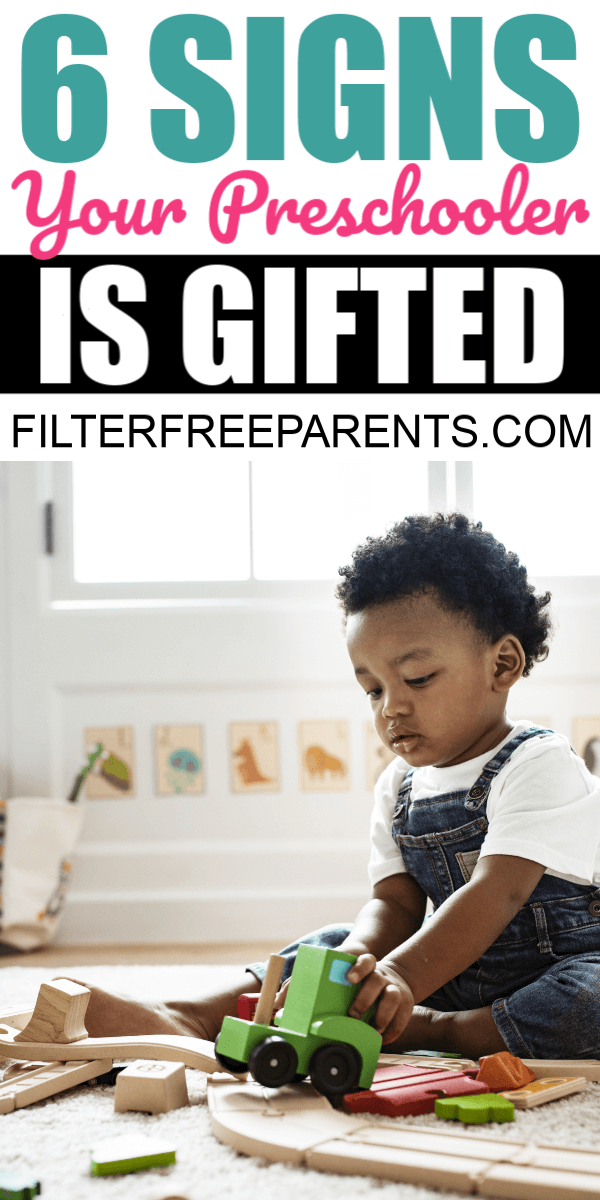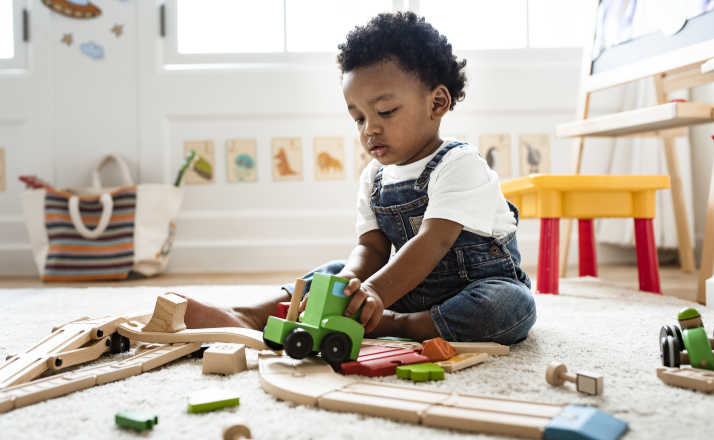I had no idea what giftedness meant when I had my son. So, when he spoke his first word at 4 months, I thought I was hearing things. One day, when he was two years old, I was nervous about something. He said, “Mommy, just breathe.” I had no context. I knew he was special, but I didn’t connect it to the word “gifted.”
I have a master’s degree in Counseling Psychology and am a licensed Marriage and Family Therapist. In all that time, in school or in the field, the term “gifted” never entered into my training.
Most professionals working with children have not had training in giftedness.
Yes, you heard me right. Even the ones we pay a lot for neuro-psych evaluations, the ones in schools, and the Doctors in the Doctors’ offices. And it’s not their fault. It’s just often not part of their training.
In addition, an important fact to know is that most standard testing does not test into the higher ranges of giftedness.
This is why so many highly to profoundly gifted kids are not thriving in our typical schools. The more gifted the child, the less likely you will get an accurate assessment unless you go to the right place, and the less likely the child will thrive in a typical educational environment.
Contrary to the stereotype that comes with the term “gifted,” many highly gifted kids are struggling in school and are being misdiagnosed.
As a result, we as parents, need to know what to watch for and have some tools to identify and address what may be going on with our children.
One of my major goals in my work is to help parents identify their highly to profoundly gifted children early enough to get them headed in the right direction (keeping in mind that it’s never too late!)

Know that nothing is written in stone as relates to the gifted, here are 6 signs to watch for that may indicate that your preschooler is gifted:
Reads or is interested in books early
Gifted children, even those who cannot read, often show interest in books very early. Before my son could walk, he would take a book off the shelf and try to open it and turn the pages. Most gifted children are voracious readers.
One caveat: In my world, there are many highly to profoundly gifted people with unusual vision issues. I’m not sure how this is related, but I’m hopeful there will be studies. Though we had my son’s vision tested three times throughout his childhood, he wasn’t correctly diagnosed until second grade when we took him to a developmental optometrist.
After vision therapy, he began to read. Key point: interest in books.
Early Language
These kids are able to articulate things that many adults cannot. When my son was 14 months old, I was considering putting him in preschool and going back to work. I remember one day I was particularly torn and distraught. He looked at me and said, “I just want my mommy to be happy.” That was a big wow moment.
Another caveat: A child may have apraxia (a speech sound disorder) or dysarthria (a difficulty with strength or coordination of the speech muscles) which prevents him from articulating, but this does not necessarily mean there isn’t understanding. A 4-year-old I observed couldn’t speak (and was in speech therapy), but I could see his eyes moving across the page of a book, as though reading. You may be able to see signs that the child is understanding complex language and ideas, even though they can’t speak.
Has a constant drive to understand, explore, create and remember odd facts in their areas of interest
Gifted children are always doing something, talking about something or learning something. Hello, exhausted parent.
They can have very specific interests that last a lifetime, or they may go deeply into a topic for months. My son, like many children, had his dinosaur phase, his deep-sea creature phase, his machines phase, his I’m-a-scientist-and-I’m-going-to-experiment-all-day-phase (that was so fun to clean up after), the phase where our house felt like a rain forest because there were toy animals and bugs on the floors, countertops, walls.
It’s like each mess had a theme.
These moments when we notice brilliance can be fun and should be cherished. But as parents of a highly to profoundly gifted child know, these children also have their challenges. If you see these signs in your child at such a young age, take notice. It may not be so cute in a few years if they get bored and become a bad fit for their education. Early intervention is important.
Relates to adults easily
Often, gifted children exhibit an ability to interact well with adults. They can use language more akin to that of adults and talk about things at a deeper level. This is somewhat logical if their cognitive and interest skills are advanced for their age group. Does your child have long conversations with and seek out that scientist-neighbor more than kids his own age? Encourage the friendship. Who says we have to hang out with people our own age all the time.
The other side to this is that a gifted child may be socially out of sync with her peers. While much of the emphasis for these children, starting from preschool is to help them “get along” better with their same age peers, finding peers who are wired like them is going to be more helpful initially. As they grow into an understanding of themselves and why they are different, they will be better equipped to socially interact with same age peers.
Can hold attention to a task longer than normal when engaged
Gifted kids can get into a book or video, create a project like writing a story or drawing artwork for hours with a sense of deep concentration. At the same time, giftedness can also bring intense perfectionism and frustration at not being able to master a task that they can so easily envision.
One baby I observed could turn over onto his back, but not the other way around. As he tried to turn back the other way, he would get extremely frustrated. So much so that his usually patient mom had to control herself not to help him flip the other way. His frustration felt bigger than most babies’.
Once he was on his belly, he arched his back so that he could see in front of him. Positioned halfway between a rug and a hardwood floor, he looked at the floor and back to the rug. With deep concentration, his body struggling to keep his head up, he patted the hardwood floor and then the rug, then watched and appeared to be listening to the sound intently. His eyes were very intent and focused.
It was as though he was conducting a scientific experiment on the difference in texture and volume, using sound, and sight between the two.

Seems more sensitive than others, showing empathy in noteworthy ways
I find that some highly to profoundly gifted children are not only highly sensitive people but are empaths. This means that they are having a felt sense of what others are going through. (Like the baby in a room full of babies, who begins crying when he hears another baby crying.)
They become empathic when they can understand this felt sense and help the other.
If you haven’t noticed already, these kids are a bunch of paradoxes. While they can often stay focused on a task or interest for long periods of time, many can take longer to learn tasks like cleaning up (boring!) or brushing teeth. Additionally, the sensitivities can cause them to shut down in the areas they are sensitive.
While my son can tell me how the birds sound differently from one place to another, he can sometimes lose it in a loud, crowded place (like IKEA on a Saturday), because he is taking in the noise more intensely.
These sensitivities can sometimes make a gifted individual appear insensitive, such as the child who doesn’t easily make eye contact. For some, making eye contact is a very intense, even private act.
Once you’ve noticed signs of giftedness, make sure to seek help from professionals who know the difference between the gifted ranges and how this impacts all areas, not just education.
It’s not unusual for me to get calls from parents of high-school aged children who have had a trail of different diagnoses for their child. Understanding how your child learns and engages with the world as early as possible is the best gift you can give them. Good luck!
This post originally appeared on Help My Child Thrive
Teresa Currivan is a mother and a licensed marriage and family therapist, parent coach, and school therapist. She coaches parents by phone at Help My Child Thrive Coaching. You can find her articles on Mother.ly, Filter Free Parents, Hoagies Gifted Education, Gifted Homeschoolers Forum and other sites. She specializes in giftedness, twice exceptionality, highly spirited, creative and sensitive children and adults – and the family dynamics that come with all of that. She lives in the San Francisco Bay Area with her husband and son. You can find more articles at HelpMyChildThrive.com website, and follow her Facebook page, fb.me/TeresaCurrivanCoaching. ***Curious about working with Teresa? Email her about her free 20 minute phone consultations for new clients.***











